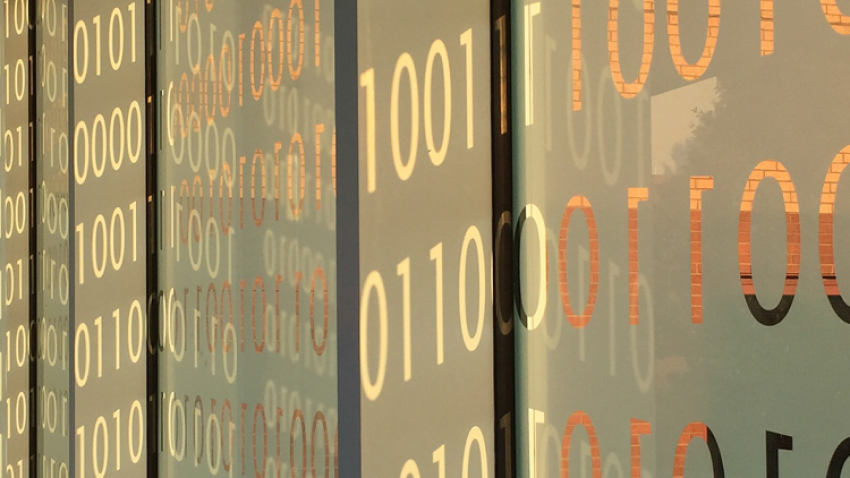
Civic Data Science Pairs with Smart Cities for Sixth Summer
Students presented data science solutions for problems like climate change and traffic at the Civic Data Science (CDS) finale on July 28. This was the first year the National Science Foundation–funded summer program partnered with the Georgia Smart Communities Challenge.
Since 2013, undergraduates from colleges across the country come to campus for the 10-week program, where they learn how to use data science to tackle civic problems. This year, CDS paired with Smart Cities’ Smart Communities, an initiative that integrates technology-based research with a community’s goals.
This year’s CDS projects were:
- Smart Sea Level Tools for Emergency Planning and Response, in which students found a better way to conduct maintenance for 30 smart sea level sensors that are part of a program run by School of Computer Science and Institute for People and Technology Senior Research Scientist Russell Clark in Savannah, Georgia.
- Albany Housing Data Initiative, where students cleaned city data from disparate sources and created a database to help the city of Albany, Georgia, understanding the effect of programs to reduce energy costs.
- Connected Vehicle Technology Master Plan, in which students analyzed data to better handle the flow of traffic in Gwinnett county for emergency vehicles.
The program’s co-director and SCS Professor Ellen Zegura believes students connected to these projects more because of their real-world application.
“It’s a pleasure to watch the work progress from the early first days to getting to see how much you all have learned and how much you all understand the context of the projects you’re doing,” she said during the finale ceremony held in the Technology Square Research Building.
“It’s not just that you built a database, but here’s what a sensor looks like and here’s how it can go wrong.”
The students agree. Angela Lau, a rising sophomore at Cornell Unviersity, wanted an internship that coud help the community.
“I was really interested in this program because of the local applicability of the projects,” she said. “It surprised me how real it was and how we could help a community over a few weeks.”
Working with real data also presented unique learning experiences that students wouldn’t normally encounter in a classroom setting.
“There were a lot of challenges working with a real data,” said Kutub Gandhi, a rising senior at Rice University. “Our entire project was figuring out what was wrong with the data collected from sea level sensors.”
For many students, this was their first time learning data science skills that they can now use throughout their career.
“I had heard of data visualization but didn’t know much about it,” said David Li, a rising senior at Stony Brook University. “But by the end I realized, ‘Wow I learned this and I never knew I could do this before!’”
As computing revolutionizes research in science and engineering disciplines and drives industry innovation, Georgia Tech leads the way, ranking as a top-tier destination for undergraduate computer science (CS) education. Read more about the college's commitment:… https://t.co/9e5udNwuuD pic.twitter.com/MZ6KU9gpF3
— Georgia Tech Computing (@gtcomputing) September 24, 2024


